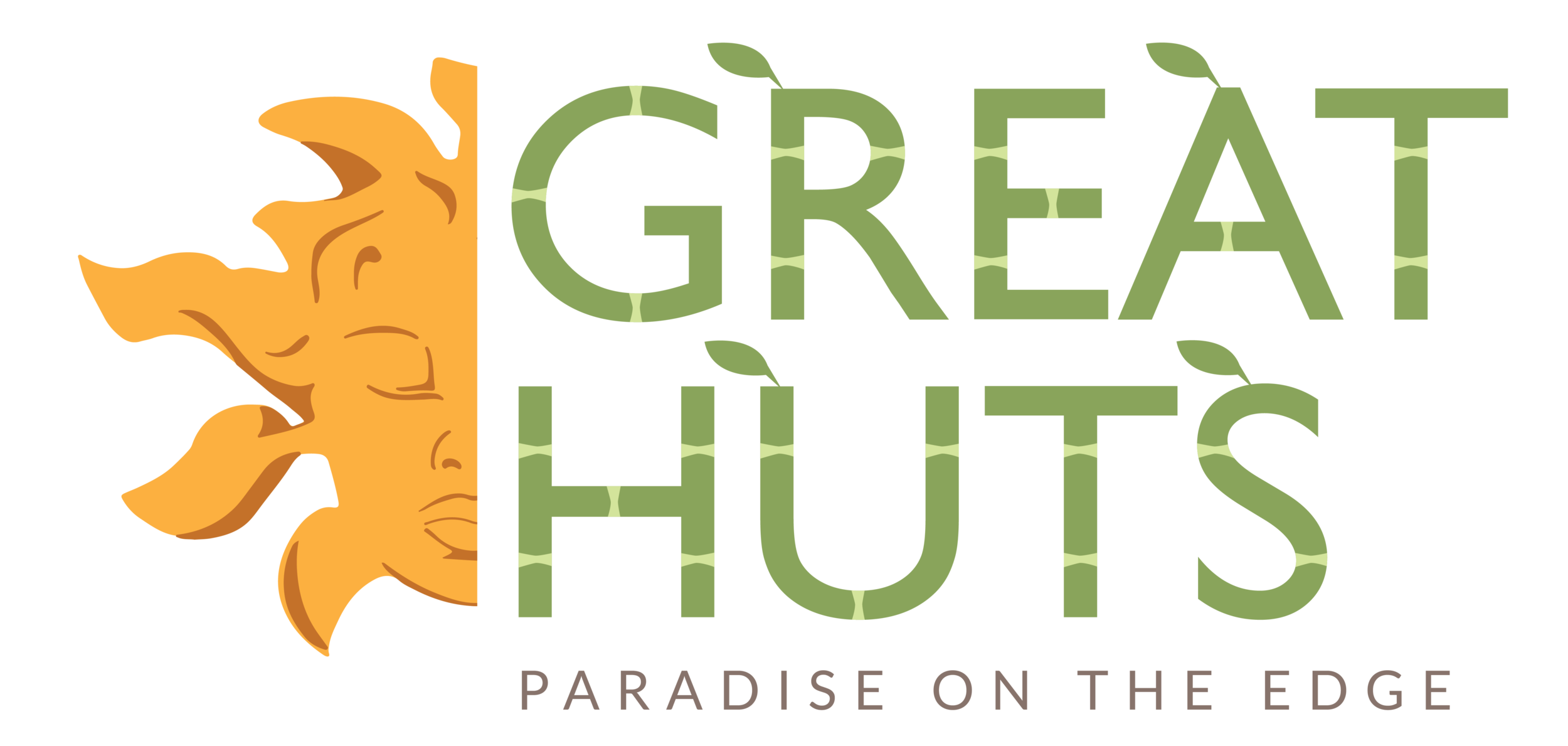From Brooklyn to Great Huts with a purpose - The Paul Rhodes story
Paul H. Williams, Gleaner Writer
GROWING UP in Brooklyn, New York, Paul Rhodes, a middle-class Jew, heard about Jamaica from his aunt and uncle who would visit The Playboy Club in Ocho Rios, St Ann. He eventually went to medical school in the Jamaican community of Flatbush.
One of Rhodes' landlords when he was in medical school, was Edgar Gentles from the Gentles family, who owned Turtle Towers Resort in Ocho Rios. Rhodes himself was to become a guest at Turtle Towers when he was in third year of medical school. He also visited Doctors' Cave Beach Resort in St James. This was 1973, and it seems as if he were smitten by things Jamaican.
And as fate would have it, while visiting Doctor's Cave, Rhodes met two medical students who were doing an elective, co-sponsored by Cornel University and the University of the West Indies (UWI), in Lucea, Hanover. Upon his return to the States, he contacted the director of that elective and expressed an interest in going back to Hanover, Jamaica, for his elective.
This he did in 1974, for eight weeks. He recalled driving a Volkswagen van packed with powdered coconut milk into districts such as Mt Peto, Cascade, and Knockalva, along with community health workers, to identify and feed children who were undernourished and at risk of catching diseases. That was part of a study by the UWI. He said he found the experience "meaningful".
Lovable residents
However, it took 20 years for the now Dr Paul Rhodes, who calls himself Dr Paul, to return to Jamaica, on vacation in Negril. But before he came, he had contacted Dr Janice Alexander, chief medical officer in Hanover, about giving a talk on geriatrics at the Hanover Infirmary. She agreed.
"I saw the most lovable residents, bright-eyed, cheerful despite their illnesses, despite their abject poverty,"
- he told Rural Xpress recently.
"I felt as if I was reunited with my own grandparents."
In reaction to Alexander's asking for assistance for the infirmary, Dr Paul suggested that an activities director be hired to engage the residents who had nothing to do. Lloyda McIntyre, a pit latrine specialist, who had just lost her job, was recommended by Alexander. McIntyre was hired, and back in the States, Dr Paul formed a group called American Friends of Hanover Infirmary to raise funds for McIntyre's salary and the physical upkeep of the infirmary.
The group would visit Jamaica every year for a community care-for-the-elderly conference in Hanover but would later branch out to St James, Trelawny, and the Golden Age Home in Kingston. Activities directors were also suggested for these homes, but a "little research" showed that not much was spent on food for the residents and many of them were at the homes because they were blinded by cataracts.
Dr Paul didn't accept the argument that it was too expensive to remove the cataracts and that there were no doctors to do the surgeries. He sought and got help, and subsequently, all cataracts were removed from the infirmary residents in Lucea, Montego Bay and Falmouth. "The barrier was lack of care. There wasn't the will to change it," Dr Paul said in retrospect.
The group continued its yearly visit to Jamaica but changed its name to Jamaica American Friends of Infirmaries, which exists only in name now, having been fused with the Portland Rehabilitation Management Centre, a shelter for the homeless in Port Antonio. The emphasis on Portland seems to have occurred because of Dr Paul's close association with the parish where he has built, starting in 2001, an African-themed resort called Great Huts at Boston Bay.
Great Huts, because of its inclusive nature, began to attend to the needs of the homeless in Port Antonio in 2007, and in collaboration with Nellie Walker and Polly Perry the Portland Rehabilitation Management Centre was founded. In 2008, an unused parish council building was secured to house the street people.
"We fought, we led by example, we gave a lot of money to get the homeless shelter of Port Antonio open,"
- said Dr Paul, who is the medical director and a former chairman of the board.
The shelter is located in Folly district, near the infirmary. It started out with male residents, but since 2010, it has been housing females. Managed by Lloyda McIntyre, who had joined Dr Paul at Great Huts, it offers a variety of services and activities such as health, group sessions, art and craft projects, gardening, chicken rearing, etc. Guests at Great Huts are encouraged to volunteer at the shelter, while regular volunteers are accommodated and fed by Great Huts while volunteering.
It is an outreach initiative that Dr Paul is immensely proud of. If I was to die tomorrow, I would at my deathbed say, 'I have done well and did the right thing by starting the Port Antonio Homeless Shelter'," he said.
But Dr Paul's Great Huts' community involvement does not stop with the homeless shelter. In addition to the regular Saturday night cultural performances by Portland's Manchioneal Cultural Group, there is a multidimensional programme that aims to showcase the best of Jamaica's history and culture: Cinema Paradise shows and discusses the best of Jamaican films; Jamaican Art Odyssey exposes guests to all aspects of Jamaican art; Church Treasures of Jamaica offers tours of some of Jamaica's historic churches; Jamaican Cuisine teaches guests the art of preparing and serving some Jamaican dishes; Visions of Ethiopia explores Ethiopia and the Rastafari faith and movement; Camp Great Huts is a summer programme for six to 11-year-olds; while Jamaica Shalom Tikkun Olam is a study of the Jamaican Jewish community and the Caribbean Jewish diaspora.
"All our cultural programmes seek to encourage people to come to Great Huts, not just for the beach and rum, but also to learn and to share,"
- Dr Paul said. Source: jamaica-gleaner.com

